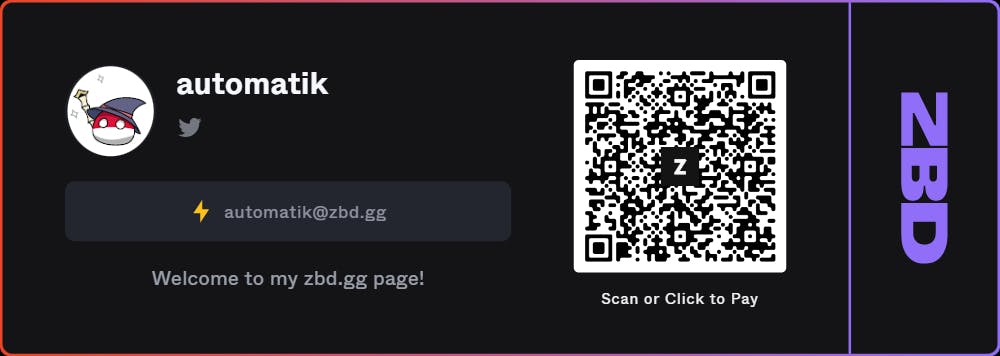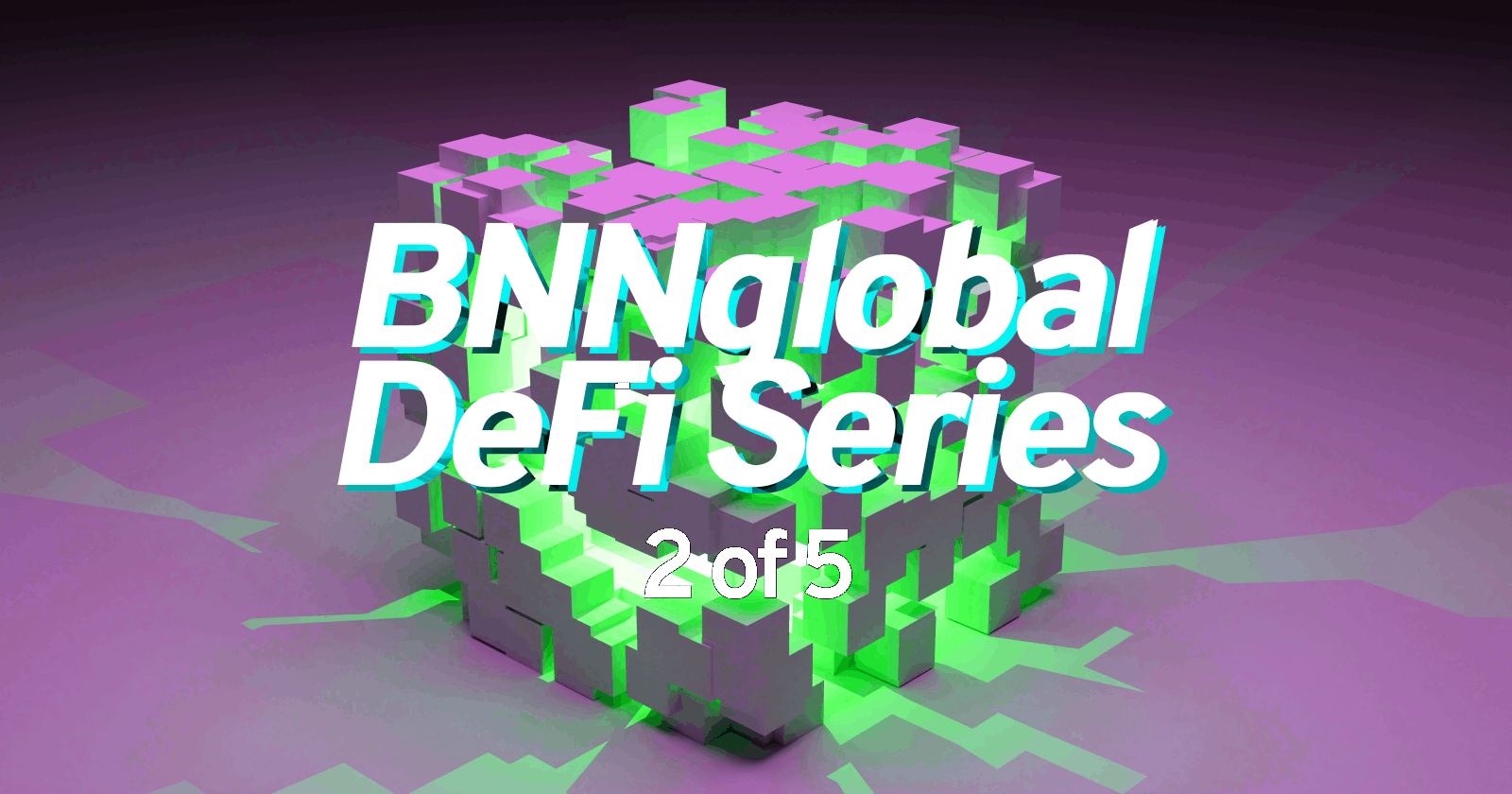Photo by Shubham Dhage on Unsplash
You don’t need a middleman to transact! That’s the biggest advantage of DeFi. The two concerned parties, the buyer and seller, can directly deal without requiring the help or permission of a 3rd party. Everything is written down in code and cannot be modified or cheated. There is no need to trust whether someone will do something they promised or not. It all leads to a frictionless system where commerce can happen at an incredible pace.
Further, the DeFi apps are built on top of base blockchains, and many offer interoperability, thus eliminating a single point of failure in the system. Thousands of nodes form the distributed system and if one or even a few go down, it doesn’t affect the system. It’s hard, if not outright impossible, to shut down or censor a DeFi system.
There are billions of unbanked people in the world. Banks and financial institutions seek high profit and they do not go where profit is meager. All unbanked people can participate in the new Web 3.0 and access the same kind of financial facilities available to everyone else.
DeFi Has Many Use Cases
Borrowing & Lending - Blockchain-based lending protocols allow owners of capital (coins & tokens that are staked into a pool) to earn interest on their money without having to worry about the credentials of the borrowers. The borrowers need to deposit some sort of collateral before taking the loan and if their loan exceeds the value of the collateral, then liquidation and payment to the creditors happen automatically. Everything is driven by numbers without any human intervention, there is no room for human error or judgment calls, and the system always remains in balance.
Bank-like Financial Services - DeFi Applications can issue stablecoins, manage mortgages and offer insurance products that are more transparent and have no ‘hidden charges’ that banks are notorious for. Stablecoins help protect cryptocurrency holders from market volatility by allowing them to convert to stable assets that are pegged to the value of real-world assets. There are so many employees and so much paperwork required by banks for simple things like a mortgage. In the digital age, powered by smart contracts, most of these things happen automatically on the blockchain, with full transparency for all involved parties, bringing the costs to a fraction of the traditional banking costs.
The risk that an insurer takes can be distributed to multiple parties through the blockchain and this allows for a bigger, more widespread, and more inclusive insurance industry with lower premiums.
Send love over Lightning! to automatik@zbd.gg


